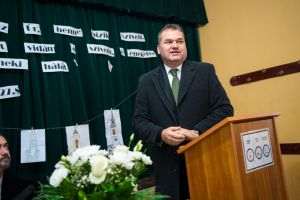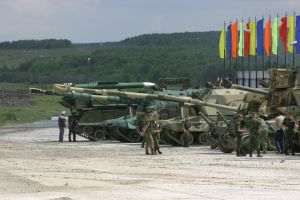The financial assistance granted to Central and Eastern European countries must continue, the International Financial Institutions said, warning that not taking the significant challenges of the economic crisis makes the the recovery process of the countries in Central and Eastern Europe difficult.
Officials of the European Bank for Reconstruction and Development (EBRD), of the European Investment Bank and of the World Bank, present in Istanbul, warned that sustained efforts are required to help the region return to economic growth.
In spite of the signs that the economic crisis is easing up, and in spite of the different evolutions of the various countries in the region, significant challenges tied to crisis still remain, which precede the beginning of the economic recovery process, the officials of these institutions say.
Lending to the real economy, more specifically to small and medium enterprises, is still on a downward trend, as non-performing loans are rising, the IFIs said. What"s more, they claim that the need for recapitalization is still great and warned that unemployment is rising quickly.
Financial institutions also said that the economic recovery will depend directly on the growth of the private sector, which will not recover without the loans taken out by the real economy. Apart from financing, which is a vital element and the revaluation of balance sheets, two elements which will help eliminate financial risk in the region, this also involves the rescheduling of private debt where this is needed.
The EBRD, the EIB and the World Bank have so far provided aid worth 16.3 billion Euros, through the "Joint Action Plan", in order to help fight the economic crisis in Eastern and Central Europe, the officials of the aforementioned institutions said.
Launched in February 2009, the "Joint Action Plan" was intended to support the banking system, which would then trickle down to the rest of the economy, and plans to provide 24.5 billion Euros in financing for the 2009-2010 period. Other objectives include the commitment to perform joint assessments of the great banking groups and providing quick and coordinated aid to institutions in trouble.





























































